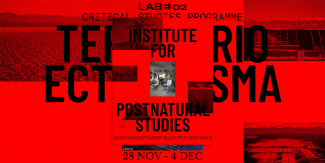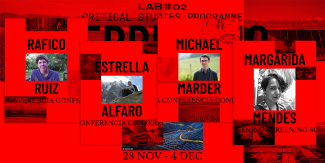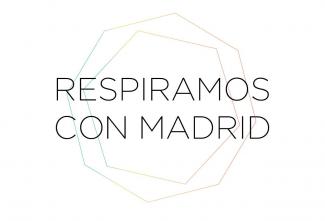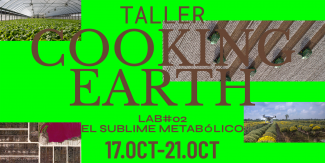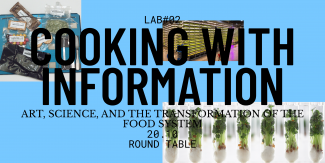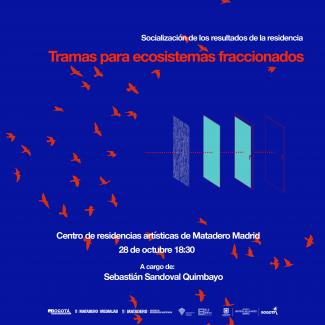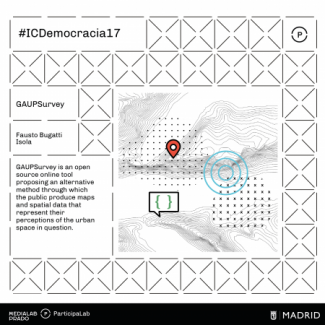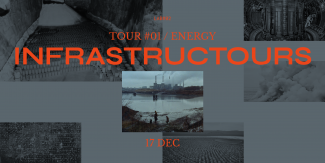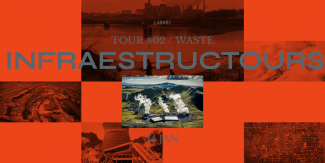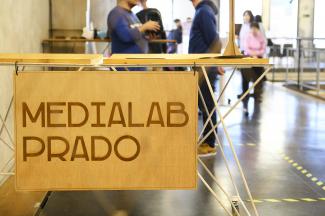TERRITORIO ECTOPLASMA: SESSION #3 Embodied field trip
This session with the Institute for Postnatural Studies invites reclaiming and engaging the body as a medium for creating and understanding our surroundings. Together we explore the digital infrastructures that surround the city of Madrid through the body. To do so, we will travel to Robledo de Chavela, home to NASA’s Deep Space Communications Complex, a facility used for tracking and communicating with NASA spacecraft, especially interplanetary missions.
We welcome participants with various physical abilities.
SCHEDULE
10.30 - MONCLOA BUS STATION
10.58 - BUS TO ROBLEDO DE CHAVELA



 Medialab-Matadero Madrid
Medialab-Matadero Madrid
